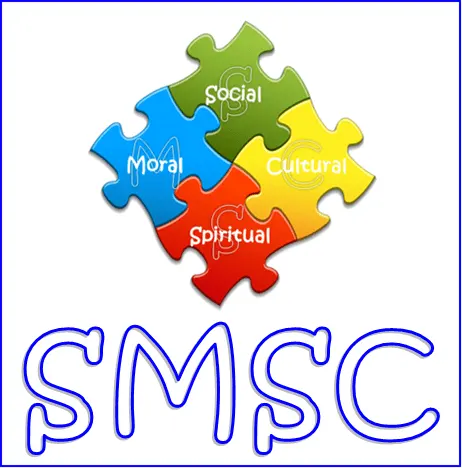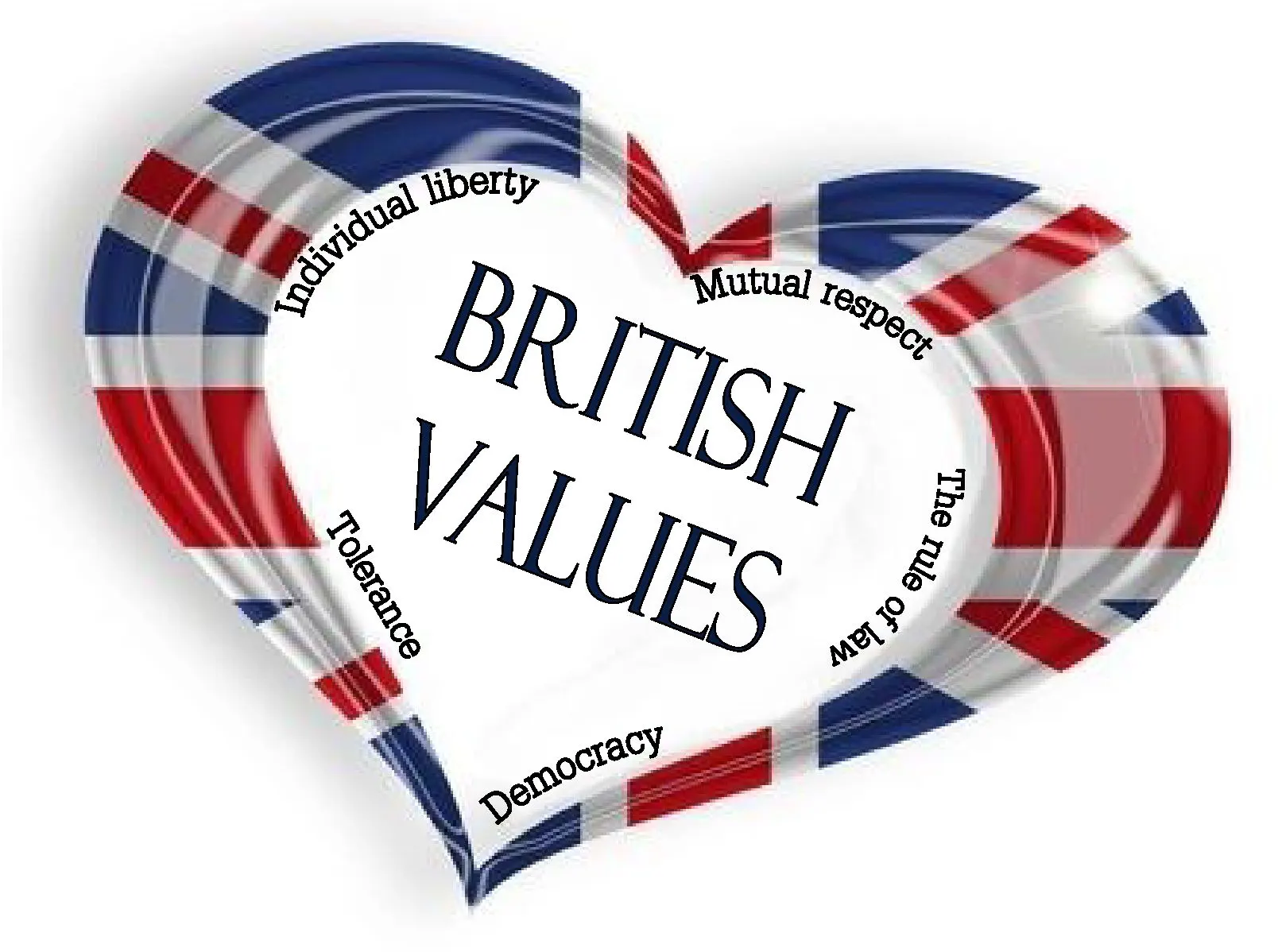
Social, Moral, Spiritual and Cultural
At Sharow CE Primary School, we recognise that social, moral, spiritual and cultural development is central to the education of all pupils and permeates the whole curriculum, vision and ethos of the school. It is reflected in the behaviours of individuals, through worship, in interactions and also in the provision of teaching, resources and learning environments. In all aspects of SMSC we focus on our school’s vision and the contribution of SMSC to help members of our schools flourish together.
What is SMSC?
|
Social Development |
Social development relates to the development of knowledge and understanding and the acquisition of skills in relating to others. This begins with family and friends and extends to the wider community beyond. Pupils are taught to respect each other and to appreciate, value and celebrate each other’s similarities and differences. An awareness and understanding of, and respect for, the environment in which they live is also developed. |
|
Moral Development |
Moral development relates particularly to developing knowledge and understanding of right and wrong. Pupils learn to make choices in their behaviour through developing knowledge of boundaries and understanding of consequences. They learn by example and by practising through role-play, story and group activities. |
|
Spiritual Development |
Spiritual development is not necessarily or exclusively religious but is a ‘concern to foster the growth of the human spirit.’ |
|
Cultural Development |
Cultural development is concerned with encountering the defining aspects of different cultures. Explorations of values, beliefs, customs, foods, artefacts and stories allow the pupils to make comparisons and develop knowledge of lifestyles and choices of others. |
What does it look like in our schools?
SMSC development is taught through and reflected in all areas of the curriculum, Collective Worship and through all aspects of school life. Pupils are provided with the opportunities to gain in knowledge and understanding and to develop the skills they need to participate in the life of the community in which they live.
|
Social Development |
Focus on health, well-being and relationships education. Children learn to develop social skills, and where support is needed this may be offered through emotional coaching. Educational visits support children to develop social understanding – eg Ripon foodbank. Regular meetings are held to discuss challenging behaviour to ensure that all staff are supported and that ideas are shared. Children are actively taught to take turns and positive interactions are modelled in all aspects of school life. Our school vision explicitly focuses on community, forgiveness, love and respect. |
|
Moral Development |
Reward systems and celebration of achievements helps children to achieve success. Our relationships and behaviour policy supports children to interact and make the right choices. The curriculum, particularly English, religious education and Collective Worship help children to explore stories that present moral issues. Our curriculum promotes investigative learning about ethical issues. We encourage children to challenge injustice and display courageous advocacy. We explore moral decisions and use stories and teachings from the Bible to help us understand and reflect on moral issues. |
|
Spiritual Development |
The RE curriculum contains units on celebrations, festivals and worship from Christianity, Islam, Hinduism and Judaism. Children are encouraged to take part in periods of reflection at different times throughout the school week. Children are helped to gain an understanding of their feelings and emotions and their likely impact on themselves and others. Prayer is used within the day to say thank you and support reflection. Pupils are encouraged to appreciate the awe and wonder of the world around them. |
|
Cultural Development |
There are regular celebrations of religious festivals over the year. Geography and Religious Educations have units on other cultures and religions. English includes units on stories from other cultures. All pupils are accepted equally and play an active part in the school community regardless of their colour, religion or gender. Children participate in a range of artistic, sporting and other cultural opportunities provided by the school. Cultural development is promoted through the curriculum so that children develop an appreciation of how different communities interpret and view their world. |

British Values
What are ‘fundamental British values’?
Schools are required to provide for the spiritual, moral, social and cultural (SMSC) development of their pupils. As part of this requirement, schools are expected to actively promote fundamental British values.
The government defines these as:
- Democracy
- The rule of law
- Individual liberty
- Mutual respect and tolerance of different faiths and beliefs
We promote ‘British Values’ through our spiritual, moral, social and cultural education which permeates through the school’s curriculum and supports the development of the ‘whole child’.
We recognise that such development is most successful when those values and attitudes are promoted by all the staff and provide a model of behaviour for our pupils.
Contact the school
If you have any questions or concerns about British values and what it means for your child, please do not hesitate to contact the school.
External information
The following guidance from the Department for Education (DfE) may be useful for further information:

